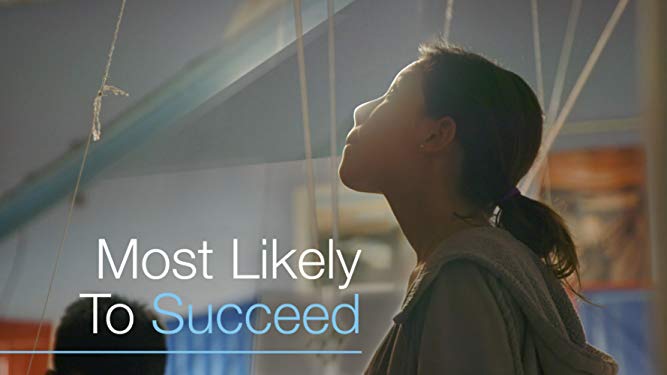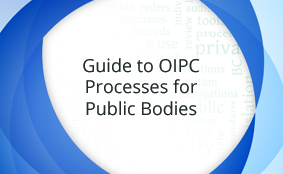I watched the documentary Most Likely to Succeed, which looks at education in the United States and how new approaches are reinventing what teachers and students can achieve together. I really enjoyed this documentary, as did my husband who is not studying to be a teacher. I won’t recap it here, but will just document some of the thoughts I had while watching.
- In the current workforce, jobs are being lost to automation faster than ever. It is always very depressing to think about how so many people are losing their livelihoods.
- Even customer service jobs .
- Computers can understand and mimic human speech.
- The blue collar industrial model of education is gone. “Non-cognitive” traits, and learning skills will not guarantee jobs.
- Per capita GDP and median income stopped increasing together in the 90s, median income dropped off.
- The industrial revolution (1840s) led to a big change in education. J.G. Fichte, a philosopher in Prussia, had the idea to divide schools up by age, ability and subject matter. This led to the idea that math, english, chemistry, etc. should all be taught separately. This method was brought to the U.S. to help train factory workers.
- In 1892, The Committee of 10, educators from various well respected universities and high schools, came up with an approach to standardize education in the U.S. Their recommendations are what led to the current system in use today, over 100 years later.
- In traditional school, the way students prep for tests is not necessarily bad, it’s often the tests themselves that are bad. Very little knowledge is retained after this type of assessment.
- Tests are non-existent in the professional world, so is any expectation of memorization. Reference material and team work is ubiquitous.
- High Tech High is a charter school in San Diego, California. The school combines subjects and allows teachers full autonomy to teach whatever and however they like. Students apply to a lottery to get into the school and the demographics of the school match that of the local community.
- It’s amazing to see that passion of the students.
- They focus on learning LESS not MORE.
- The teachers create the environment and the classroom culture shows.
- Assessment is done through a public exhibition of work. The expectation of showing work to family, friends and community provides motivation and authenticity.
- Their work demonstrates competence and mastery, and learn through making mistakes. The knowledge is giving relevance to their lives and the students feels a sense of purpose.
- We are shown students thriving, and also students failing to meet their expectations. But all students are given the opportunity to learn and grow.
- If learning is focussed on cognitive skills, will this type of education help people find work in an automated world?
- It is scary for students and parents to take the jump to a new education system. They worry about college and planning for their futures. This type of fear seems normal to me and not something that needs to be dwelled on. Change is scary and the outcome from a high school education won’t be apparent for many years. As a future elementary teacher I can accept that the role I play in a students life may also not be apparent for many years.
- It was very inspiring to get a glimpse into High Tech High. The teachers seem incredibly passionate and dedicated to their students and their vocation.





Recent Comments